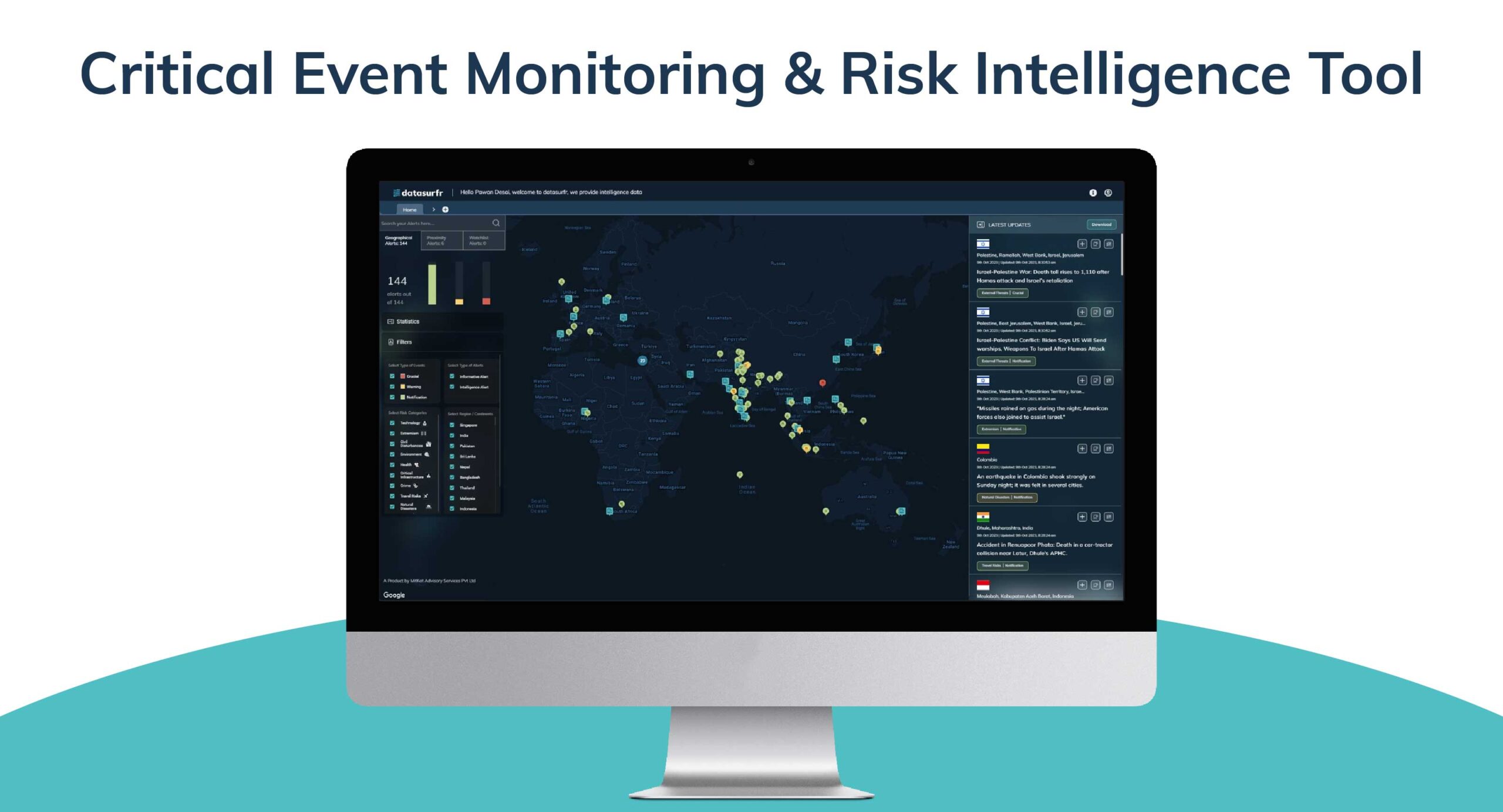Locations Affected: Sri Lanka
What:
Sri Lanka is set to hold presidential elections on 21 September amidst ongoing economic reforms. The presidential candidates include the current president, Ranil Wickremesinghe of the United National Party, Sajith Premadasa of the Samagi Jana Balawegaya, Anura Kumara Dissanayake of the Janatha Vimukthi Peramuna, Sarath Fonseka of the Samagi Jana Balawegaya, and Wijeyadasa Rajapakshe of the Sri Lanka Freedom Party.
Why:
The current president’s term expires on 17 November 2024. According to Article 31(3) of the Constitution, the presidential election must be held no less than one month and no more than two months before the end of the current president’s term.
So What:
- The nominations for the president will be accepted on 15th August. More than 17 million Sri Lankan citizens are eligible to vote.
- The election is seen as crucial for the continuation of reforms necessary to address the country’s severe financial crisis.
- If Ranil Wickremesinghe is re-elected, it is likely that the current reforms and economic stabilization efforts will continue. President Wickremesinghe, with the help of a USD 2.9 billion International Monetary Fund (IMF) bailout program, has made strides in stabilizing the economy by reducing inflation, strengthening the currency, and rebuilding foreign exchange reserves, since he became president in 2022.
- Ranil Wickremesinghe’s tenure began amid widespread protests and economic turmoil. A new election may offer a chance to legitimize the leadership through a democratic process.
- Despite economic improvements, higher taxes, prolonged inflation, and a stagnant job market have pushed a portion of the population into poverty and driven migration. Opposition leaders, such as Sajith Premadasa and Anura Kumara Dissanayake, are expected to address this discontent in their campaigns, proposing changes to the IMF program to ease economic pressures on citizens.
- Sri Lanka is engaged in debt restructuring negotiations with several international creditors, including Japan, China, India, and the IMF. The outcome of the upcoming elections could influence these debt obligations.
Outlook:
The upcoming election is expected to be competitive, with additional candidates potentially including contenders from the Rajapaksas’ Sri Lanka Podujana Peramuna and other aspirants such as former army chief Sarath Fonseka. Several Tamil parties, excluding the Ilankai Tamil Arasu Kachchi, have signed an agreement to field a common candidate, which could consolidate the Tamil vote and potentially influence the election outcome. However, critics have deemed this proposal a non-starter. The history of violence associated with Sri Lankan presidential elections, including the 2022 protests, the 1994 assassination of a candidate, and the 1999 attack during an election rally, may result in heightened security measures across the country. Additionally, campaigning and political rallies preceding the vote can lead to travel disruptions and further increased security measures. Businesses are advised to monitor situational developments and prepare contingency plans to mitigate possible risks.


